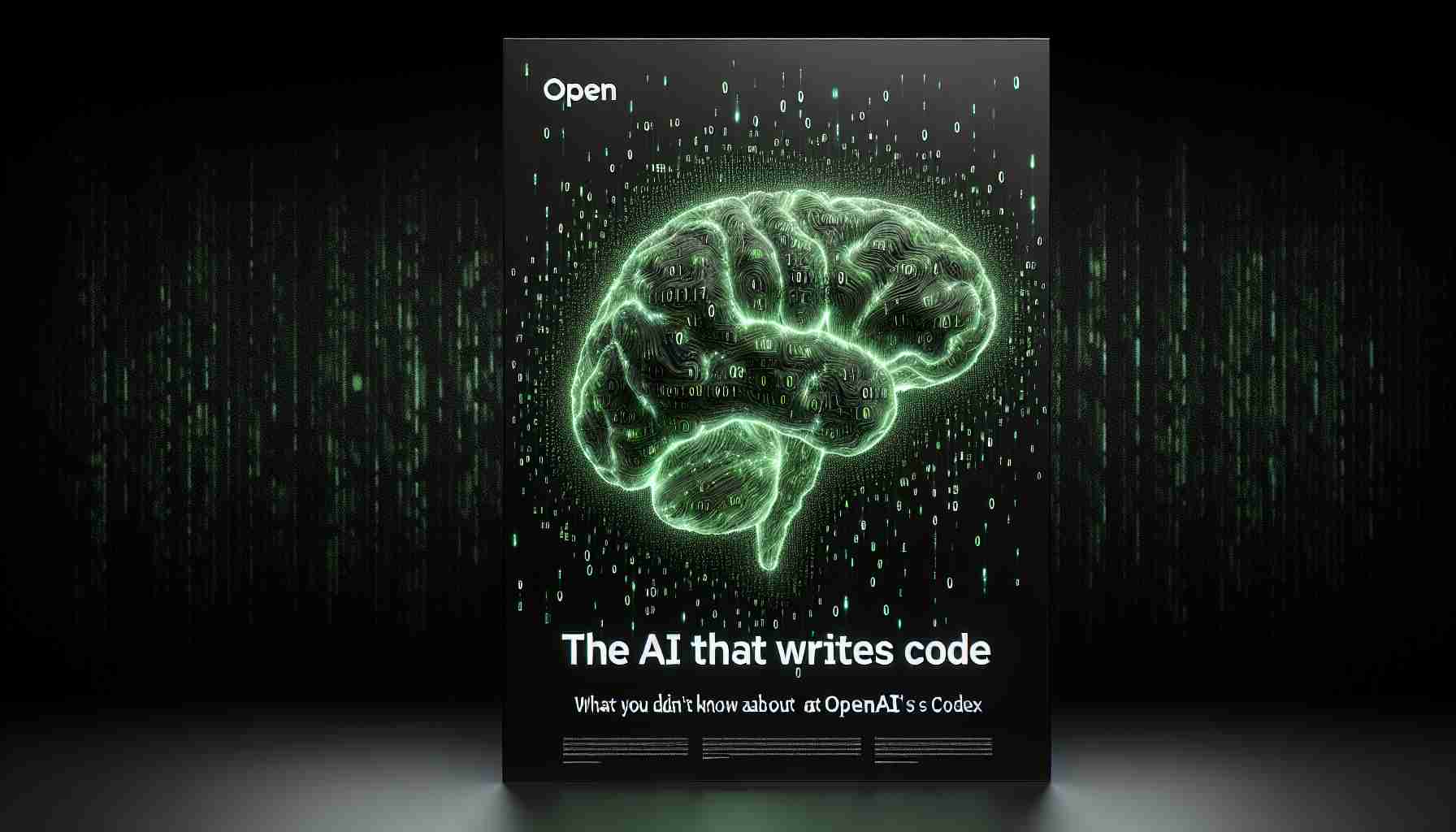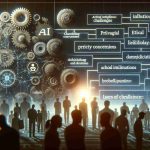In the ever-evolving landscape of artificial intelligence, one groundbreaking development has been OpenAI’s Codex. This AI model, which powers GitHub’s Copilot, is capable of transforming natural language into code, thereby revolutionizing the way developers work.
Codex builds on the capabilities of GPT-3, another well-known AI developed by OpenAI. However, Codex is specifically trained to understand and generate programming languages, making it a specialized tool designed to assist developers in writing code. Supporting numerous programming languages, Codex is capable of generating code snippets, algorithms, and even entire applications based on descriptive prompts in plain English.
This tool not only boosts productivity by reducing the time developers spend debugging or brainstorming solutions, but also lowers the barrier to entry for people interested in programming. By providing instant code suggestions and explanations, Codex allows beginners to learn and apply coding skills more efficiently.
Moreover, Codex’s prowess extends beyond simply reproducing known code patterns. It can infer developer intent, offering creative solutions to complex coding problems. This versatility makes Codex a valuable asset for experienced programmers looking to explore innovative approaches or streamline repetitive tasks.
Critics argue about the ethical implications of AI-generated code and its impact on employment. However, OpenAI’s Codex fundamentally aims to augment human programmers rather than replace them, highlighting the symbiosis between advanced AI and human ingenuity.
As OpenAI continues to develop this transformative technology, Codex stands as a testament to the potential for AI to enhance human capabilities in software development and beyond.
Is AI-Powered Coding the Future? New Developments You Didn’t Know About
The evolution of AI models like OpenAI’s Codex is reshaping more than just the tech industry; it’s influencing societal structures and economies worldwide. Though Codex is renowned for its enhanced coding capabilities, not widely discussed are its future applications in education, corporate strategy, and even government policy.
One lesser-known impact is its potential role in education systems. As AI coding tools like Codex become more accessible, we’re witnessing a shift toward AI-assisted learning environments. Schools can leverage Codex to democratize programming education, offering custom-tailored coding lessons to suit individual learning paces. This could revolutionize education by substantially increasing programming literacy, especially in regions with limited access to computer science resources.
On a corporate level, businesses are exploring Codex’s capabilities to innovate project management and enhance strategic development. Codex can streamline workflows by reducing time-intensive tasks and facilitating rapid prototyping, meaning businesses can now scale operations more efficiently, potentially lowering costs and increasing productivity.
For governments, AI models like Codex can assist in automating bureaucratic processes or help in crafting technology policy. However, the controversy around surveillance and privacy rights remains a hot topic. Proponents argue that with proper regulations, such AI can contribute significantly to transparent and efficient governance.
These transformations raise questions. Will widespread use of AI in coding reduce demand for beginner developer roles, adjusting job markets? Conversely, could it create a need for new skill sets, leading to different kinds of employment opportunities?
For more insights on AI and technology impacts, visit OpenAI and explore further developments and applications.






















